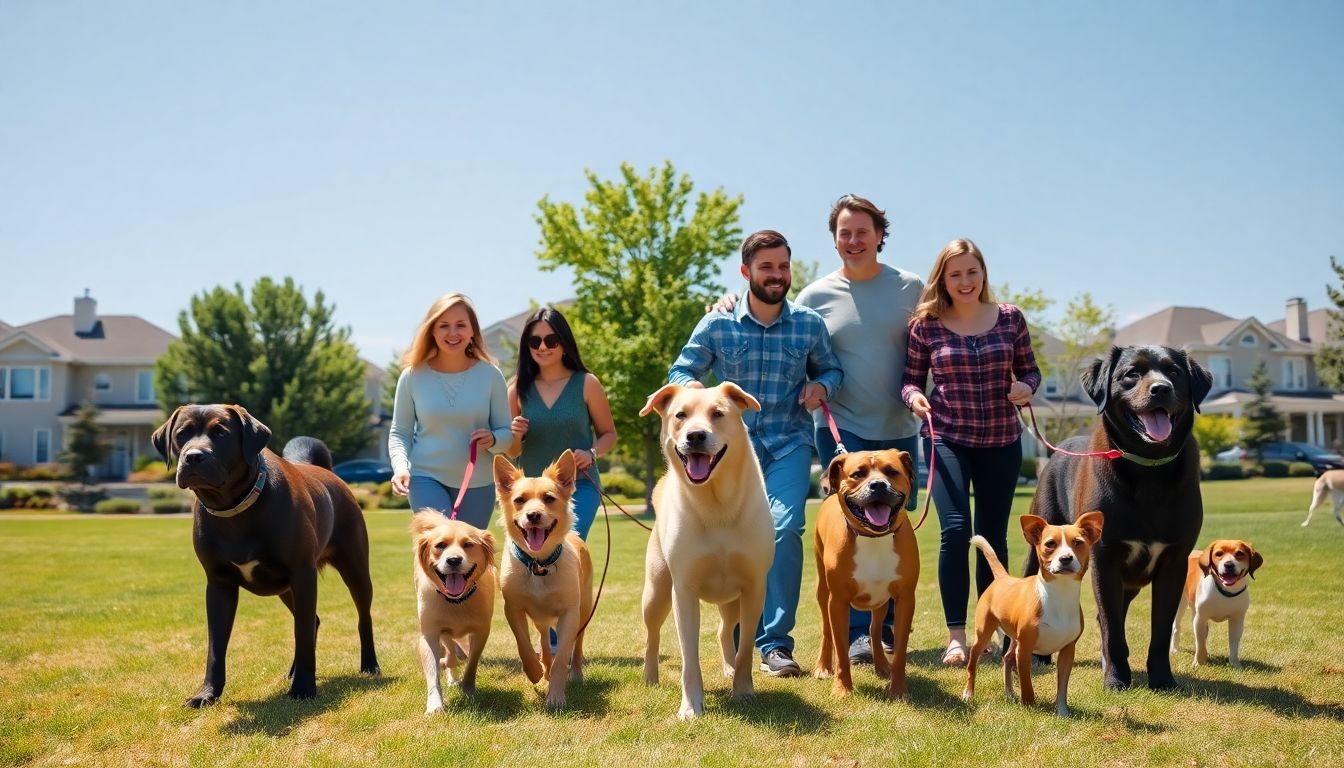Introduction
Owning a dog brings happiness. Every year, an increasing number of Americans become proud owners of dogs. Yet before diving into ownership, it is wise to consider what the expenses realistically are. Many people think that dogs are inexpensive pets. Not really. They come with many expenses, and beyond the costs of purchasing an actual dog. This article will walk you through all the costs minor or major so you are ready to make a good life for your new pet.
Understanding the Basic Cost of Buying or Adopting a Dog
Buying Procedure for Dog Breeds
Costs of dog purchasing can range from high to low depending on several criteria. Small breeds, which may include Chihuahuas, are often lower on the price list than larger and famous breeds, like Labrador Retrievers. Purebred puppies usually cost between $800 and $3,000 or higher. Some elite breeds, like the French Bulldog, even escalate in price further. Dogs from shelters or rescues are usually cheaper or free but may still have adoption fees that typically cover basic vet care. Adoption fees average around $50 to $300, inclusive of sheltering and microchipping costs.
Adoption Fees and All-inclusive Extra Charges
Adopting from a shelter is a more ethical and often more affordable choice. Fees cover basic vet exams and can range from $50 to $150 for small or medium dogs, and more for large breeds. Initial vet visits may add another $50 to $200. Adoption often results in savings over breeder purchases.
Factors Influencing The Initial Cost
Costs vary based on breed, size, pedigree, and location. Ethical breeders charge more due to quality care. Urban pricing trends higher. Shelters and rescue groups remain affordable and responsible options.
Recurring Costs of Dog Ownership
Food and Nutrition
Monthly food costs vary: $20–$40 for small dogs, $60–$100 for large dogs, totaling $240–$1,200 per year. Premium dog food may cost more but provides better nutrition.
Health and Veterinary Care Expenses
Annual routine care including checkups and vaccinations costs around $200–$500. Emergency vet visits can be extremely costly. Insurance can help manage unpredictable medical bills.
Accessories and Supplies
Initial setup (leashes, collars, feeders, beds, toys) can cost $150–$300. Replacement over time adds to the total. Grooming supplies and professional grooming ($30–$90/session) add more for long-haired breeds.
Hidden and Variable Costs
Training and Socialization
Training classes cost between $50 and $125 each. Behavioral training may require professional services, saving money over long-term issues or damage.
Grooming and Hygiene
Long-haired breeds need regular grooming. Professional sessions run $40–$90 each. DIY grooming tools still add to expenses annually.
Pet Sitting, Boarding, and Travel
While traveling, expect pet sitting or boarding fees of $25–$85 per day. Budget accordingly if travel is frequent.
Long-term Costs of Dog Ownership
Lifespan and Price Cost Per Year
Dogs live about 10–15 years, with total lifetime costs ranging from $10,000 to more depending on size and needs. Bigger dogs tend to incur more expense over time.
Postmortem Expenses
End-of-life care, including cremation or burial, can cost $50–$400+. Planning helps ease the emotional and financial impact.
This is the Last Word
Owning a dog is not just about love, but also about money. You would be surprised at how initial costs such as the purchase or adoption fee turn into annual vet bills. That’s why preparing for all of this in advance at least is a good start in taking care of your pet. From here on out, your dog’s happiness is based really on how capable you are to shell out money for it. Take the time to look into your finances and get ready to spoil the heck out of your furry friend with the best that you can provide. It makes all the difference in keeping the bond for life.









